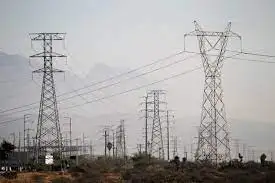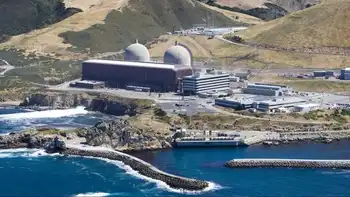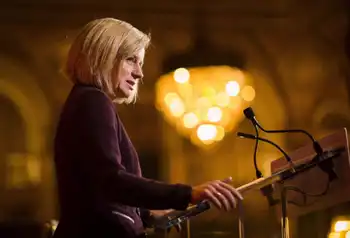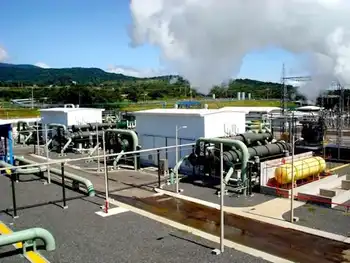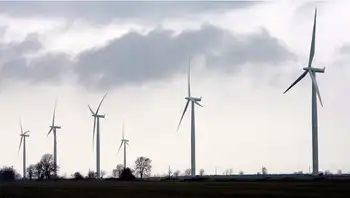Uzbekistan Looks To Export Electricity To Afghanistan
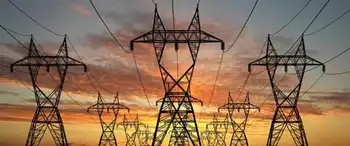
Substation Relay Protection Training
Our customized live online or in‑person group training can be delivered to your staff at your location.

- Live Online
- 12 hours Instructor-led
- Group Training Available
Surkhan-Pul-e-Khumri Power Line links Uzbekistan and Afghanistan via a 260-kilometer transmission line, boosting electricity exports, grid reliability, and regional trade; ADB-backed financing could open Pakistan's energy market with 24 million kWh daily.
Key Points
A 260-km line to expand Uzbekistan power exports to Afghanistan, ADB-funded, with possible future links to Pakistan.
✅ 260 km Surkhan-Pul-e-Khumri transmission link
✅ +70% electricity exports; up to 24M kWh daily
✅ ADB $70M co-financing; $32M from Uzbekistan
Senior officials with Uzbekistan’s state-run power company have said work has begun on building power cables to Afghanistan that will enable them to increase exports by 70 per cent, echoing regional trends like Ukraine resuming electricity exports after grid repairs.
Uzbekenergo chief executive Ulugbek Mustafayev said in a press conference on March 24 that construction of the Afghan section of the 260-kilometer Surkhan-Pul-e-Khumri line will start in June.
The Asian Development Bank has pledged $70 million toward the final expected $150 million bill of the project. Another $32 million will come from Uzbekistan.
Mustafayev said the transmission line would give Uzbekistan the option of exporting up to 24 million kilowatt hours to Afghanistan daily, similar to Ukraine's electricity export resumption amid shifting regional demand.
“We could potentially even reach Pakistan’s energy market,” he said, noting broader regional ambitions like Iran's bid to be a power hub linking regional grids.
#google#
This project was given fresh impetus by Afghan President Ashraf Ghani’s visit to Tashkent in December, mirroring cross-border energy cooperation such as Iran-Iraq energy talks in the region. His Uzbek counterpart, Shavkat Mirziyoyev, had announced at the time that work was set to begin imminently on the line, which will run from the village of Surkhan in Uzbekistan’s Surkhandarya region to Pul-e-Khumri, a town in Afghanistan just south of Kunduz.
In January, Mirziyoyev issued a decree ordering that the rate for electricity deliveries to Afghanistan be dropped from $0.076 to $0.05 per kilowatt.
Mustafayev said up to 6 billion kilowatt hours of electricity could eventually be sent through the power lines. More than 60 billion kilowatt hours of electricity was produced in Uzbekistan in 2017.
According to Tulabai Kurbonov, an Uzbek journalist specializing in energy issues, the power line will enable the electrification of the the Hairatan-Mazar-i-Sharif railroad joining the two countries. Trains currently run on diesel. Switching over to electricity will help reduce the cost of transporting cargo.
There is some unhappiness, however, over the fact that Uzbekistan plans to sell power to Afghanistan when it suffers from significant shortages domestically and wider Central Asia electricity shortages persist.
"In the villages of the Ferghana Valley, especially in winter, people are suffering from a shortage of electricity,” said Munavvar Ibragimova, a reporter based in the Ferghana Valley. “You should not be selling electricity abroad before you can provide for your own population. What we clearly see here is the favoring of the state’s interests over those of the people.”





